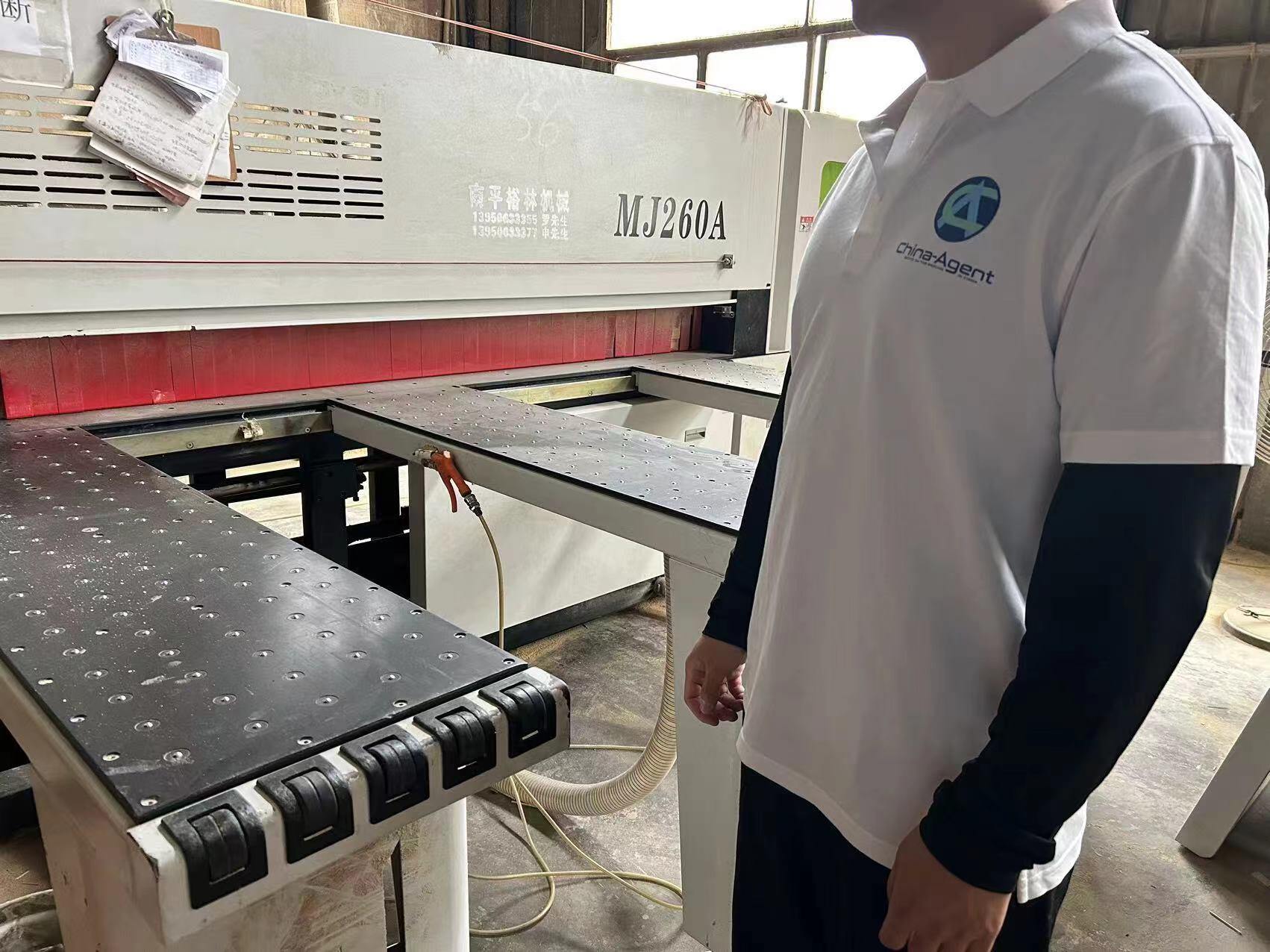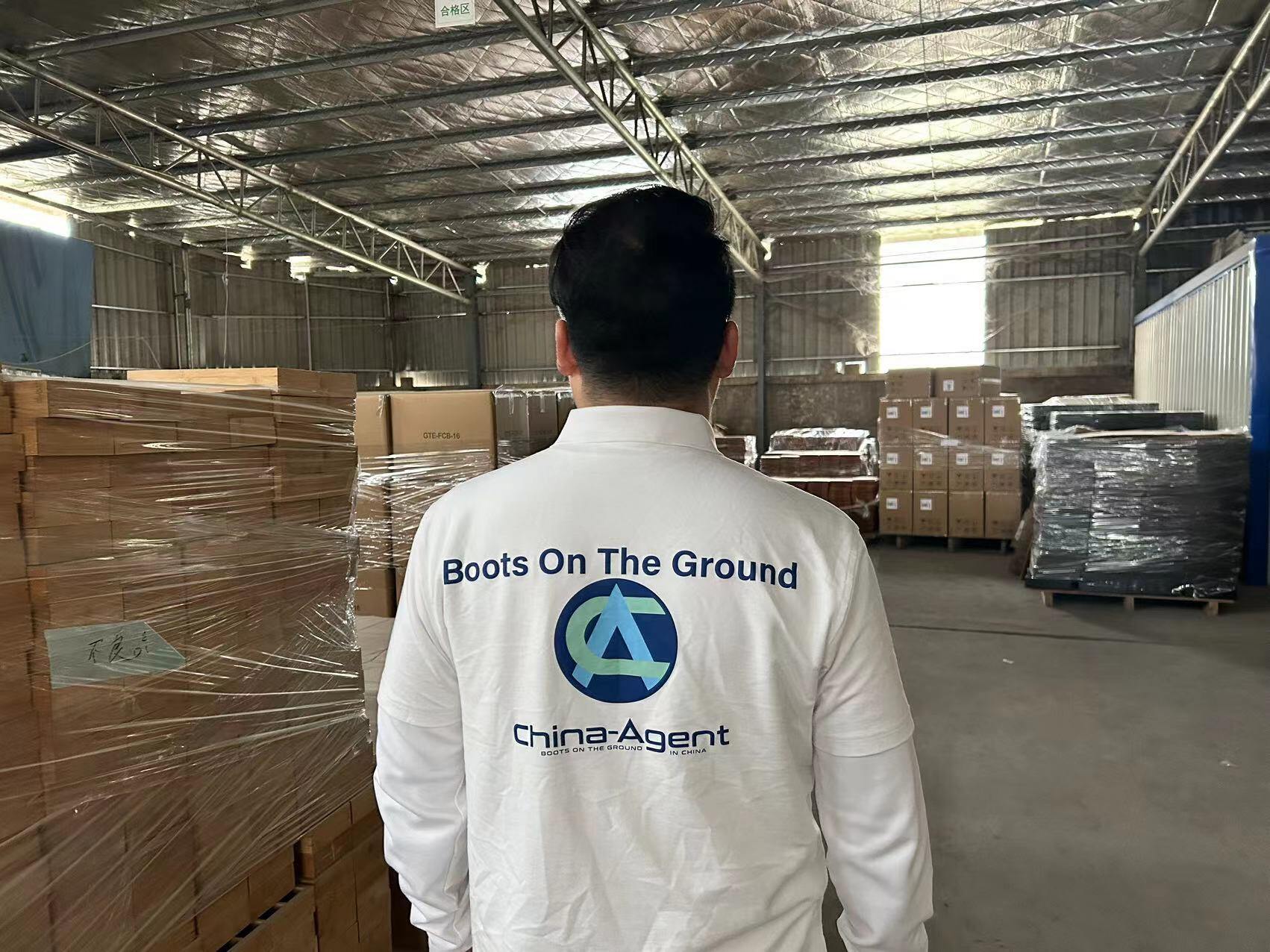Adapting to Economic Fluctuations in Chinese Manufacturing
Economic fluctuations and uncertainties in China can pose significant challenges for businesses relying on Chinese manufacturing. From rising costs to shifts in market demand, adapting to these changes is crucial for maintaining stability and continuity in your operations. This article explores strategies to navigate economic uncertainties and highlights how China Agent Ltd can provide essential support during these times.
Managing Costs During Economic Downturns
1. Efficient Resource Allocation: During economic downturns, it’s essential to allocate resources efficiently to minimize costs. This includes optimizing production processes by identifying inefficiencies and implementing lean manufacturing techniques. Reducing waste and improving process flows can lead to significant cost savings. Additionally, negotiating better terms with suppliers, such as extended payment terms or bulk discounts, can help manage cash flow more effectively.
2. Flexible Manufacturing Solutions: Flexibility in manufacturing allows businesses to scale production up or down based on market demand. Implementing just-in-time production reduces inventory costs and minimizes the risk of overproduction. Flexible labor arrangements, such as hiring temporary workers during peak seasons or using cross-trained employees, can help manage labor costs more effectively. This approach ensures that you can respond quickly to changes in demand without incurring excessive costs.
3. Cost-Effective Quality Control: Maintaining quality without escalating costs is a key challenge. Leveraging cost-effective quality control measures, such as automated inspection systems and statistical process control, ensures that products meet standards without unnecessary expenditure. Regular audits and continuous improvement programs help identify and address quality issues early, preventing costly rework and ensuring customer satisfaction.
4. Strategic Inventory Management: Optimizing inventory levels to match demand helps reduce holding costs and minimizes the risk of overproduction. Implementing advanced inventory management systems, such as real-time tracking and demand forecasting, provides better visibility into inventory levels and consumption patterns. This enables more accurate planning and reduces the likelihood of stockouts or excess inventory.
Leveraging Local Expertise
1. Market Intelligence: Local experts can provide valuable insights into market trends and economic conditions. Staying informed about these trends helps businesses anticipate changes and adjust strategies accordingly. For example, understanding shifts in consumer preferences or regulatory changes allows you to adapt your product offerings and ensure compliance.
2. Risk Management: Identifying potential risks and developing mitigation strategies is crucial. This includes diversifying supplier bases to avoid dependency on a single source, securing alternative supply routes to handle disruptions, and implementing contingency plans for various scenarios. Risk assessments and regular reviews help ensure that your business is prepared for unexpected challenges.
3. Financial Planning: Robust financial planning helps businesses navigate economic uncertainties. This includes budgeting for potential cost increases, securing flexible financing options such as lines of credit or invoice factoring, and maintaining cash reserves to handle unforeseen expenses. Financial planning tools and regular financial reviews provide the insights needed to make informed decisions and maintain financial stability.
Crafting Better Contracts
1. Protecting Your Interests: Now is the time to craft better contracts to protect your deposits, quality, and intellectual property rights. Ensuring that your contracts are robust and legally sound is essential for mitigating risks. Clear terms and conditions, including payment schedules, quality standards, and IP protection clauses, help safeguard your interests.
2. Ensuring Compliance: Ensure that your contracts are in full compliance with local and international laws. This includes clearly defining terms of payment, quality standards, and IP protection measures. Regularly consulting with legal experts ensures that your contracts remain up-to-date and enforceable.
3. Regular Reviews: Regularly review and update contracts to reflect current market conditions and ensure they provide adequate protection for your business. This includes renegotiating terms as needed and addressing any changes in regulations or business practices.
Diversifying Suppliers
1. Alternative Suppliers: Now is the time to build relationships with alternative suppliers. Having backup suppliers can safeguard your business against disruptions and ensure continuity. Conducting thorough due diligence and establishing initial orders with potential suppliers helps build these relationships.
2. Vetting New Suppliers: Thoroughly vet new suppliers to ensure they meet your quality and capacity requirements. This includes conducting site visits, reviewing financial stability, and assessing their adherence to industry standards and certifications.
3. Long-Term Partnerships: Focus on building long-term partnerships with reliable suppliers. Strong relationships can lead to better terms, improved reliability, and collaborative problem-solving. Regular communication and performance reviews help maintain these relationships and address any issues promptly.
Detailed Supply Chain Mapping and BOM
1. Supply Chain Transparency: Now is the time to have a detailed supply chain mapping and Bill of Materials (BOM). This transparency ensures you understand every aspect of your supply chain and can make informed decisions. Detailed mapping helps identify potential risks, such as single points of failure or suppliers in unstable regions.
2. Risk Mitigation: Detailed supply chain mapping helps identify potential risks and areas for improvement. This proactive approach can prevent disruptions and ensure smooth operations. Regular updates and reviews of the supply chain map help maintain its accuracy and relevance.
3. Strategic Planning: Use supply chain mapping and BOM to develop strategic plans for scaling operations or transitioning to alternative suppliers if needed. This includes identifying critical components and establishing contingency plans for sourcing them from multiple suppliers.
Buying Direct and Avoiding Middlemen
1. Direct Factory Access: Now is the time to skip all middlemen and buy directly from factories. Direct factory access reduces costs, improves communication, and ensures better control over quality. Building direct relationships with factories enhances transparency and accountability.
2. Eliminating Intermediaries: Eliminating intermediaries simplifies the supply chain and reduces the risk of miscommunication and errors. This approach also streamlines logistics and improves lead times, enhancing overall efficiency.
3. Better Pricing and Terms: Negotiating directly with factories can lead to better pricing and more favorable terms, improving overall profitability. Direct negotiations allow for clearer agreements and faster resolution of any issues.
How China Agent Ltd Supports Businesses During Economic Fluctuations
1. Comprehensive Financial Planning: China Agent Ltd offers financial planning services to help businesses manage costs effectively. This includes budgeting, cost analysis, and financial risk management. Our expertise ensures that your financial strategies are robust and adaptable to changing conditions.
2. Local Market Insights: Our team provides up-to-date market intelligence, helping you stay informed about economic conditions and market trends. This allows you to make informed decisions and adjust strategies as needed, ensuring your business remains competitive.
3. Flexible Manufacturing Solutions: We work with you to implement flexible manufacturing solutions that can adapt to changing market demands. This includes optimizing production processes and negotiating favorable terms with suppliers, ensuring that your operations remain efficient and responsive.
4. Strategic Risk Management: China Agent Ltd helps you identify potential risks and develop robust mitigation strategies. Our comprehensive approach ensures that your business remains resilient during economic fluctuations, minimizing disruptions and maintaining stability.
5. Cost-Effective Quality Control: We provide cost-effective quality control measures to maintain product standards without escalating costs. Our team ensures that quality is upheld even during challenging economic times, protecting your brand reputation and customer satisfaction.
Conclusion
Adapting to economic fluctuations in Chinese manufacturing requires strategic planning, efficient resource management, and robust risk mitigation. By leveraging the expertise and support of China Agent Ltd, businesses can navigate these uncertainties with confidence, ensuring stability and continuity in their operations. Contact us today to learn more about how we can help you adapt to economic changes and achieve long-term success in Chinese manufacturing.




